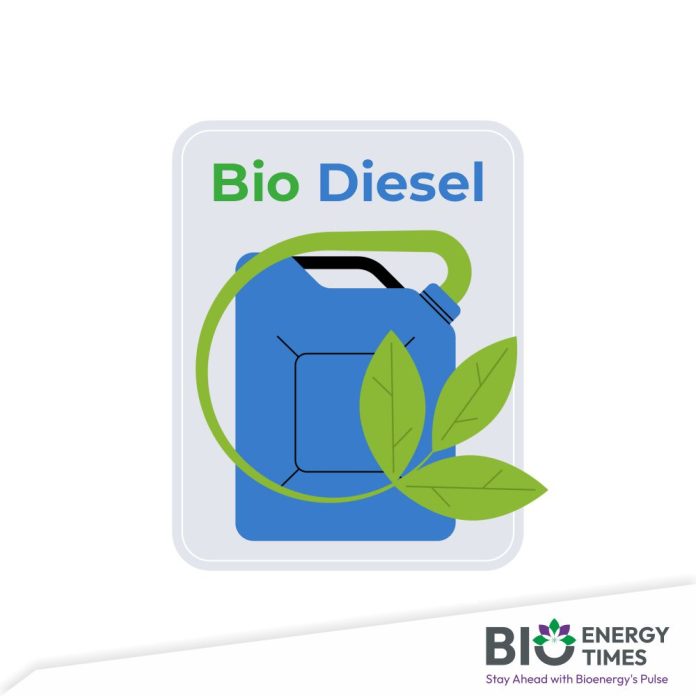Begaluru: In a major step to promote cleaner fuels, the Karnataka State Bioenergy Development Board has decided to establish biodiesel pumps at the taluk level across the state in collaboration with private companies, reports Deccan Herald.
While the pumps will be operated by private firms, the board will assist them in obtaining permissions from government agencies and in promoting biodiesel among consumers. Biodiesel is a cleaner alternative to regular diesel, produced from used cooking oil, oilseeds, and other eco-friendly agricultural sources.
For several years, many companies had approached district deputy commissioners for permission to set up biodiesel outlets. However, around 70 applications remained pending as there were no clear guidelines on how such pumps could be established.
This issue was recently resolved with the state government’s notification of the ‘Karnataka State Biodiesel (B-100) Blending with High Speed Diesel for Transportation Purposes (Licensing) Order, 2025’, which now allows private companies to set up biodiesel stations and market the fuel directly.
“We want more companies to come forward and open biodiesel pumps. Though sufficient biodiesel stock is available and several firms are ready to sell it, procedural hurdles had delayed the process. The new order has removed those obstacles,” said S. E. Sudheendra, Chairman of the Karnataka State Bioenergy Development Board.
He added that biodiesel is expected to be at least ₹5 per litre cheaper than regular diesel, and prices could fall further once more pumps become operational and supply increases.
Some motorists have expressed concerns that biodiesel might harm vehicle engines or reduce mileage. Addressing this, Bharath Subramaniam, Advisor to the Board Chairman, clarified that only B100 biodiesel—a pure form tested and approved internationally—will be sold at these pumps. “B100 biodiesel has been certified fit for automotive use, so consumers can use it with confidence,” he said.
Industry insiders pointed out that while Karnataka has a large stock of biodiesel, much of it is sold to oil companies for blending with regular diesel. However, the cost advantage of biodiesel is not passed on to consumers. “Allowing producers to sell directly to the public will break this monopoly and ensure that people benefit from lower prices,” an industry representative said.
Biodiesel is known to reduce pollution, cut fuel costs, and lower India’s dependence on oil imports. Karnataka was among the first states in India to adopt a bioenergy policy in 2007–08, which later served as a reference for the National Bioenergy Policy, 2017.
The biodiesel produced in Karnataka has been found to meet automotive quality standards, reinforcing the state’s position as a leader in clean energy initiatives.















